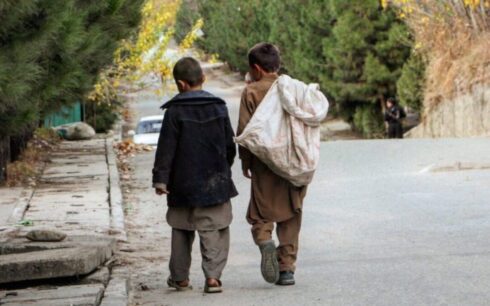Geneva — Afghanistan continues to face severe humanitarian and economic challenges, with human rights abuses, food insecurity, and natural disasters threatening regional stability well into 2025, the United Nations High Commissioner for Refugees (UNHCR) warned in a report released Wednesday.
Despite an overall improvement in security and access to previously unreachable areas, the report stated that significant challenges persist, particularly for women and girls. It added that a newly introduced morality law has further entrenched repressive Taliban policies, barring women from schools, universities, workplaces, and public spaces.
The report highlighted the mass displacement of Afghans, noting that Iran and Pakistan together host around 8 million Afghan refugees, making them the largest refugee-hosting nations in the world.
Iran currently hosts at least 3.8 million refugees and refugee-like individuals, including over 1 million who have arrived since 2021, making it the largest refugee-hosting country globally. Despite rising economic hardship, Iran has continued to provide access to health care and education for Afghan refugees through Smart ID Cards, which regularize their documentation and facilitate service access.
Meanwhile, Pakistan is home to approximately 3.2 million Afghan refugees and other Afghan nationals, 76 percent of whom are women and children. However, the report noted that in recent years, the protection environment in Pakistan has become increasingly difficult for Afghans.
In October 2023, Pakistan’s Apex Committee approved the Illegal Foreigners Repatriation Plan (IFRP), ordering the deportation of undocumented foreigners, a move that has disproportionately affected Afghans. Since September 15, 2023, over 500,000 Afghans have been forcibly returned from Pakistan to Afghanistan, the report said.





